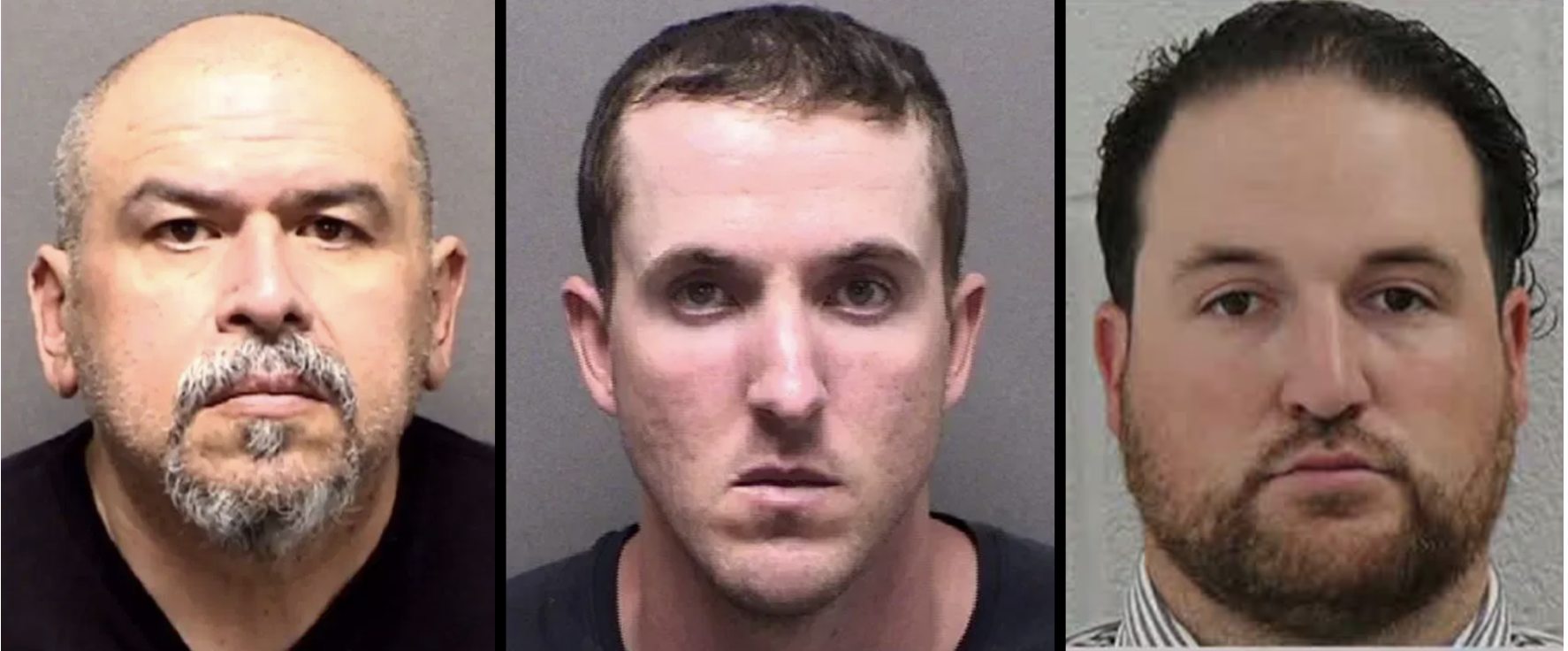Since last week’s revelation and the attendant increase in public demands for accountability for Houston ISD’s $211 million bond shortfall, school board members are clamoring to deny any knowledge and deflect responsibility for the situation. But the district’s administration says that the same board members who took to the media to voice their shock and outrage knew about the likelihood of a shortfall for over a year.
In communications from HISD’s Chief of Staff Jason Spencer, the administration says, “District administrators began notifying school board members about these potential budget challenges in September 2014.” The email goes on to say that principals of would-be affected schools were notified in October of 2014 and additional information was provided in a board workshop in January of 2015. “Administrators have continued to provide updates to various stakeholders—including school trustees, Bond Oversight Committee members, and school principals.”
Board members are now claiming plausible deniability about the situation.
“I will no longer sit by and watch it blow up in the media,” said trustee Mike Lunceford. Trustee Juliet Stipeche, the head of HISD’s Audit Committee said, “We made promises to the community regarding the bond.” Member of the board’s audit committee, trustee Anna Eastman said, “Someone needs to be held accountable for this.” And current Board President Rhonda Skillern-Jones wants all projects halted until this is sorted out.
Unfortunately, all of this empty rhetoric coming from trustees is just a desperate attempt to improve their public perception. Calling attention to the problem now, after sitting on the information for a year is too little, too late. Eastman is correct that someone does need to be held accountable—the school board.
Superintendent Terry Grier blames the rising inflation and construction costs throughout the city as the main reason why there is no money left to finish projects. Construction costs in the Bayou City have been skyrocketing, but that should have been anticipated during the bond’s planning phase. Even so, that still doesn’t satisfactorily explain why two schools from the 2007 bond, Worthing H.S. and Waltrip H.S., have yet to be completed.
For over a year, the HISD board of trustees knew that many of the projects that were scheduled to be completed last in the bond would not have the necessary funding to reach completion, but instead of cutting spending, scaling back projects, or publicly sharing this information with taxpayers, they continued to rubber-stamp contracts as time went on.
The unelected committee of citizen representatives serving on the Bond Oversight Committee was expected to “monitor progress, ensure bond revenues are spent appropriately, evaluate risks and controls, and provide periodic reports.” If the Trustees failed to act on the information provided by the committee, then the superintendent should have.
This shortfall is a failure of many parties: the Board of Trustees, the Bond Oversight Committee, the Superintendent, and HISD’s Office of Internal Audit. The culture of corruption that has tarnished HISD since before the Larry Marshall scandal—which is still playing out—has gone on long enough. It is time for HISD’s taxpayers to hold those responsible accountable.




